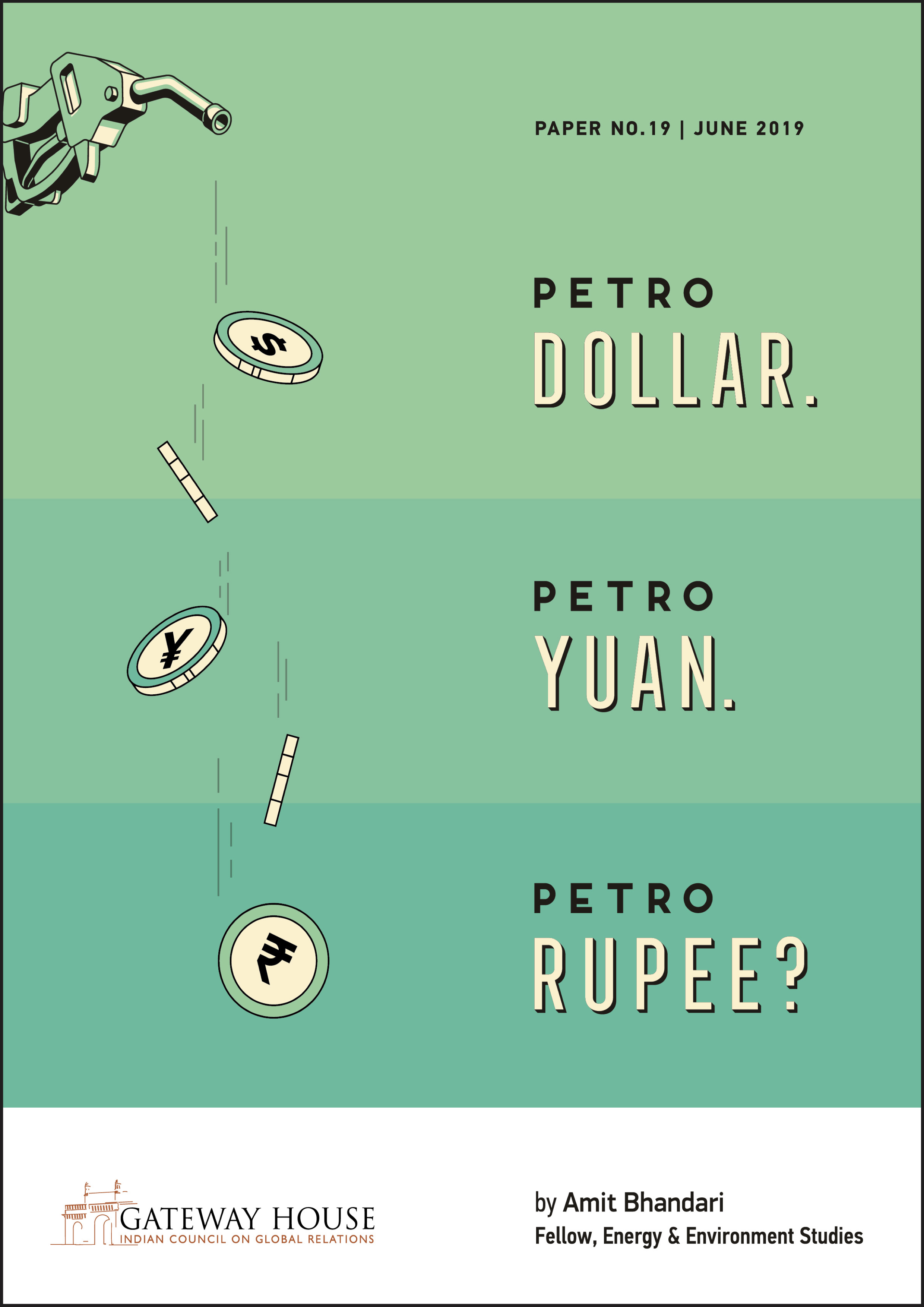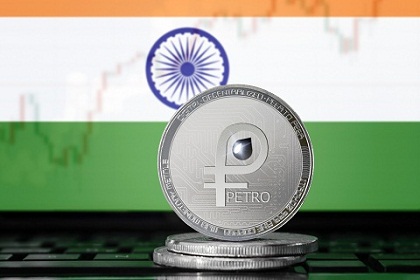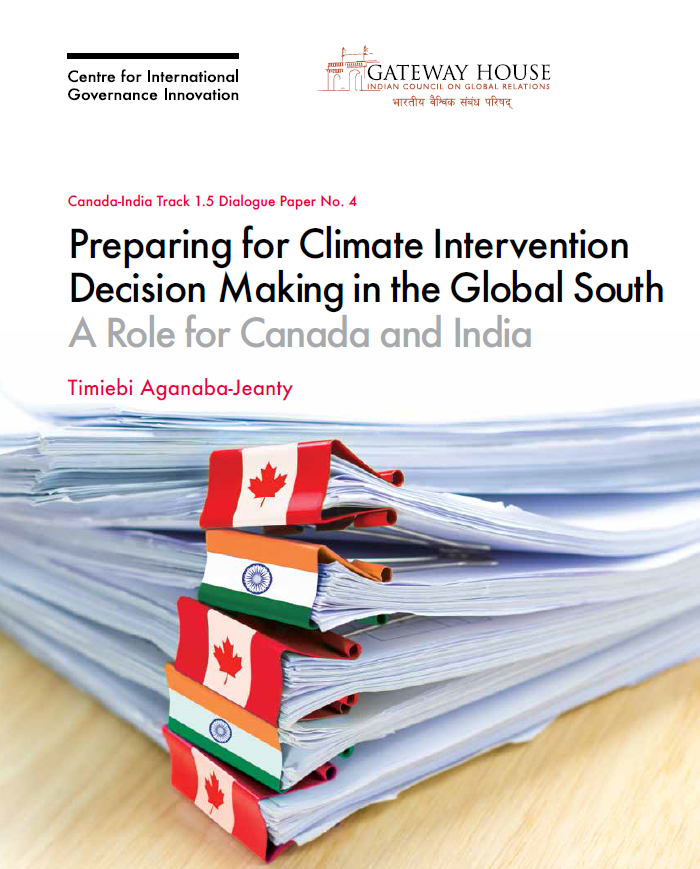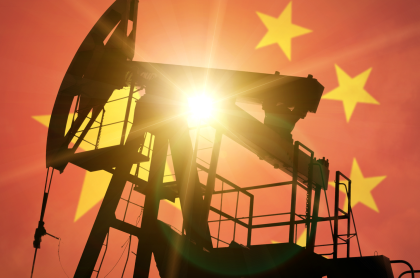Cross-investing for economic security
India and Russia need to invest more in each other’s energy sectors. This will help both countries to secure their energy markets, while protecting India against high energy prices and enabling Russia to hedge against low energy prices. Such investments also can help both countries bypass sanctions on key military hardware suppliers based in Russia.











